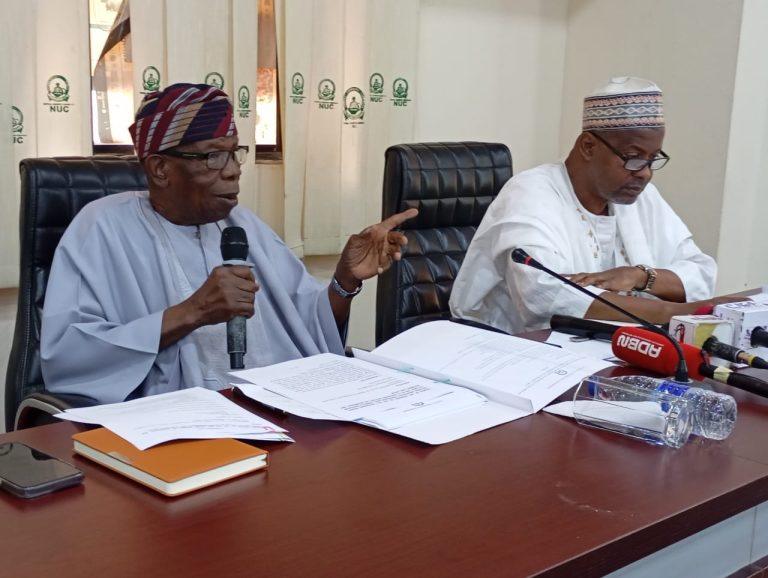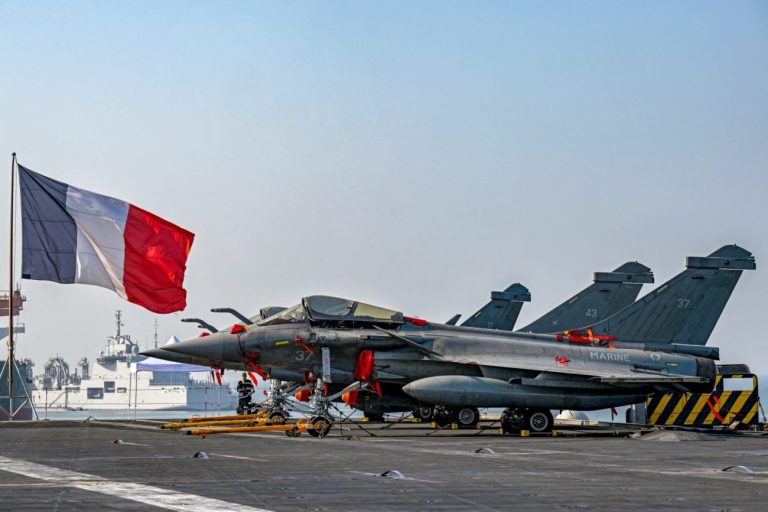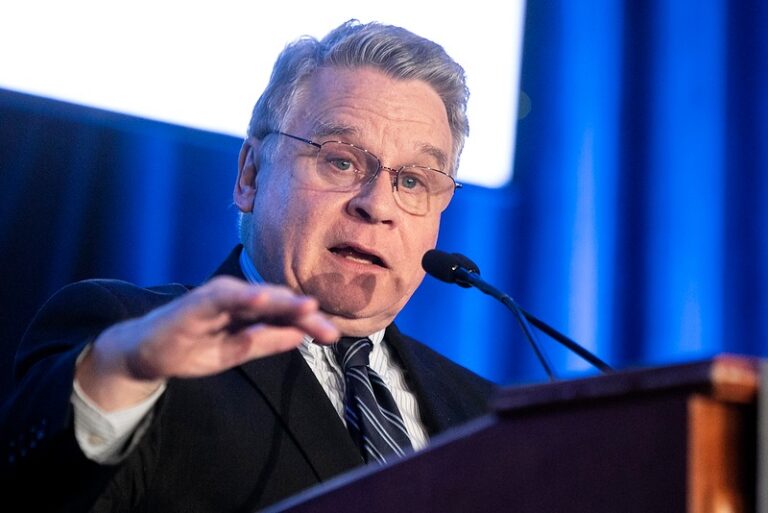
The M23 rebel group in the Democratic Republic of Congo (DRC) has threatened to withdraw from the peace process. The group claims that the government has failed to release its detained members. This development raises fresh concerns over the fragile peace efforts in the eastern region of the country.
The group made the announcement on Friday, stating that many of its fighters remain in prison. According to M23, this breaks a key part of the agreements made during previous negotiations. They accused the government of acting in bad faith and warned that the M23 peace process boycott could escalate tensions.
M23 spokesperson Lawrence Kanyuka said the group had shown commitment to peace. He noted that they observed several ceasefires and participated in talks. However, he claimed the government has not fulfilled its promises. He urged regional and international partners to pressure the DRC authorities to honor the terms of the deal.
The government has not yet confirmed whether it plans to release the prisoners. Officials have remained quiet about the matter, and no public statement has addressed the M23’s claims directly. Some sources suggest the government fears that releasing the fighters may strengthen rebel influence and encourage further violence.
The M23 peace process boycott threat comes at a time when the eastern part of the DRC is already facing insecurity. Armed groups operate in the region, and thousands of civilians have been displaced. Many live in camps with limited access to food, water, and medical care. Humanitarian agencies are struggling to meet their needs.
Several peace agreements have been reached in the past, but most have collapsed. M23, mainly made up of Tutsi fighters, has been active for more than a decade. They say they are fighting against discrimination and protecting their community. However, the government accuses them of committing crimes, including attacks on civilians.
The recent developments have drawn attention from regional leaders. The East African Community, which has been involved in the peace talks, has urged all parties to remain calm and committed. They have called for renewed dialogue and the release of all political prisoners, including those from M23.
The United Nations has also expressed concern. UN officials have warned that any breakdown in talks could lead to more fighting and worsen the humanitarian crisis. They have offered to assist in resolving the dispute and to help verify the status of prisoners.
Analysts say the threat of a M23 peace process boycott is a major setback. They believe it shows how fragile the current arrangements are and how much trust is still lacking between the parties. Experts urge stronger international engagement to keep the peace process on track.
People in eastern Congo remain hopeful for peace. They want an end to violence and a return to normal life. Many are tired of repeated promises that lead nowhere. For now, the focus is on avoiding renewed conflict and ensuring that both the government and rebel groups respect the agreements already made.
Whether the M23 will follow through on its threat remains unclear. What is clear, however, is that peace in the DRC depends on honesty, compromise, and real action.



